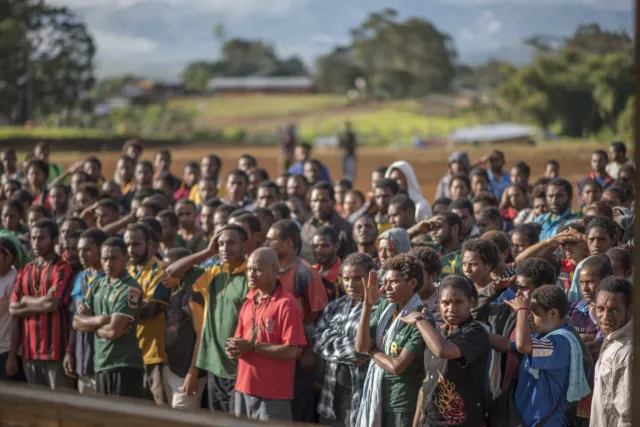Papua New Guinea (PNG) is experiencing a profound shift in its demographic structure. Recent data indicates that young people aged 25 and below now account for 60% of the total population, with more than half of them under the age of 18.
Experts warn that this demographic trend is posing unprecedented challenges to the country’s economic development and public service systems.
This surge is largely attributed to PNG’s high fertility rate of 4.2%, with families typically having four to five children on average.
Although the latest official census data has yet to be released, projections estimate that PNG’s population has now surpassed 15 million—nearly triple the figure from the 2011 census.
Professor Glen Mola, a senior obstetrician and gynecologist at Port Moresby General Hospital, noted that an excessively high proportion of youth could significantly constrain the country’s development potential.
“Of the 60% youth population, half are under 18 years of age. This age group is not yet able to contribute meaningfully to national economic development,” said Professor Mola.
He further emphasized that a nation’s “demographic dividend” depends on the size of its working-age population, not on those who are still minors.
“With the current population structure, it would be nearly impossible for any government to govern successfully,” Professor Mola stressed.
Meanwhile, the rapid population growth is placing increased pressure on the government to meet public service demands. Sectors such as education, healthcare, and infrastructure are facing significant resource shortfalls.
Meeting the basic needs of a rapidly growing population has become a central challenge for the PNG government.
These remarks were delivered by Professor Mola during the World Population Day commemoration held today in Port Moresby. The event was hosted by Marie Stopes PNG.
As Papua New Guinea seeks a path toward sustainable development, it must urgently address how to ensure healthy population growth while also improving social development and unlocking the potential of its youth.


